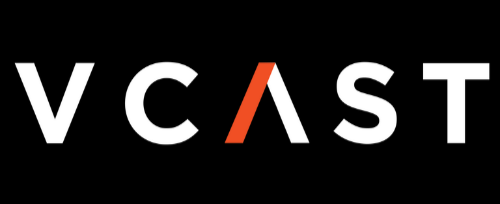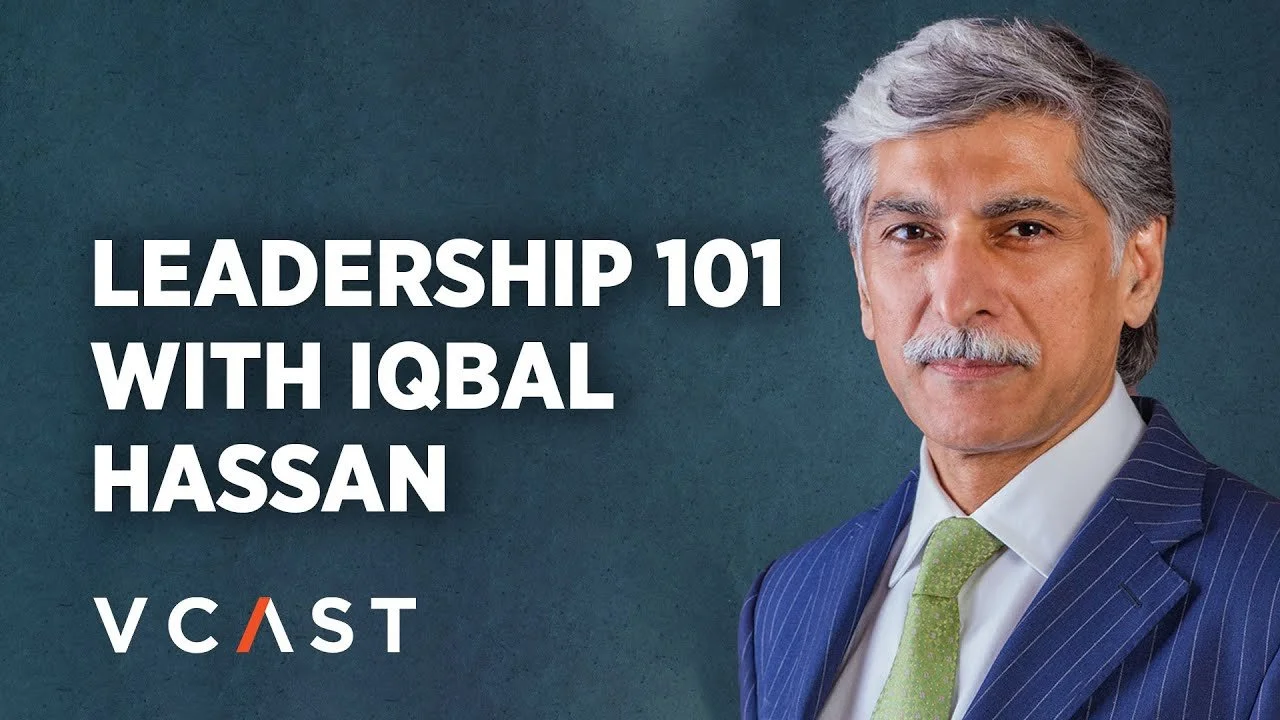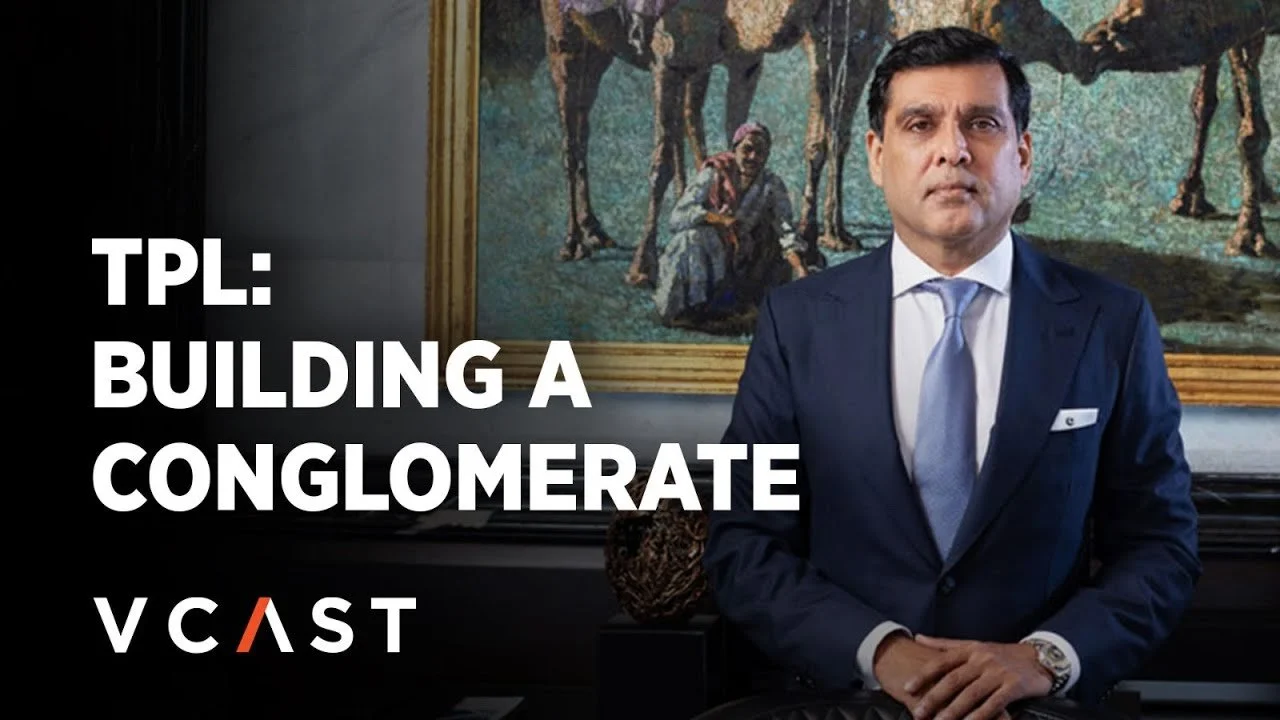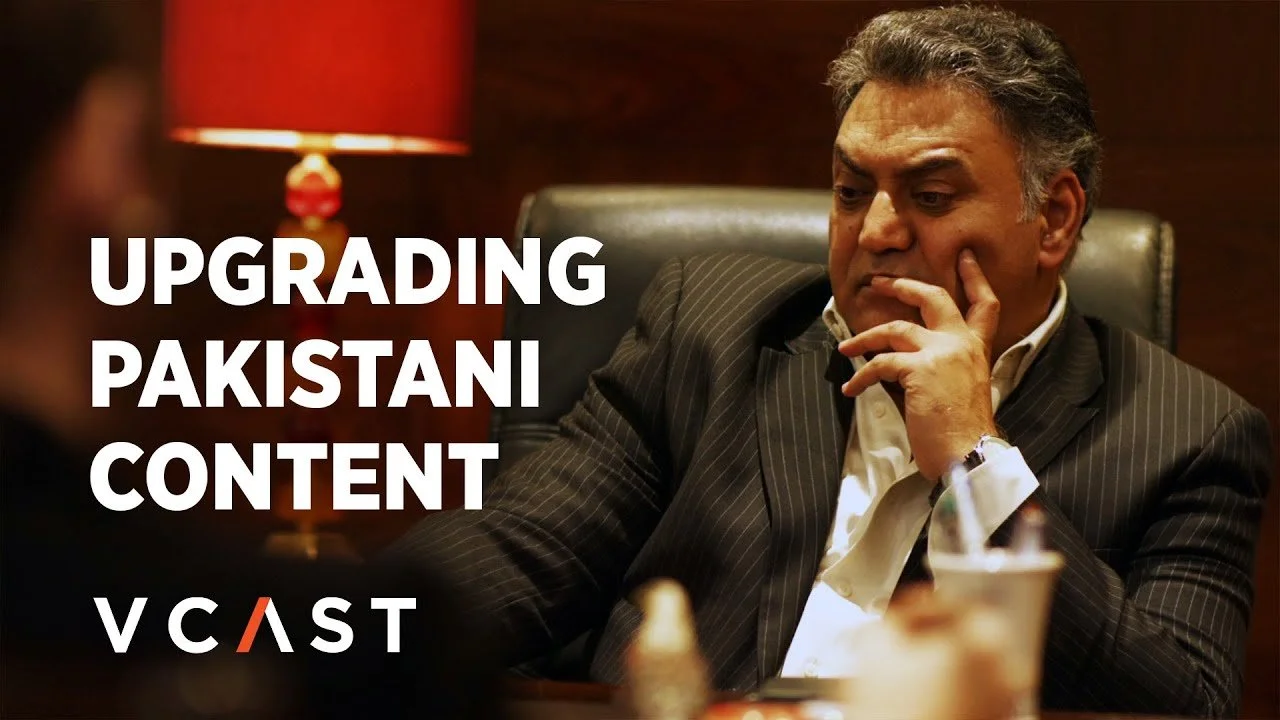The Story of One of Pakistan's Largest Textile Producers
"For the company's culture to change, I had to transform myself first," says Fawad Anwar, Managing Director of AlKaram Textile Mills (Pvt) Ltd., while talking about the most significant difference in the Alkaram of today compared to previous decades.
In this rare interview, he speaks about the history, values, and leadership of one of Pakistan's largest textile producers.
The Alkaram story began when Fawad Anwar's family migrated from Gujarat to Karachi during Partition. The business was formally established in 1986 after acquiring Adamjee Industries, though the family had been in textiles since the early 1950s. The name "Alkaram" combines Fawad's grandparents' names - Karim and Amna.
Born and raised in Karachi, Fawad earned an MBA from Drexel University in the U.S. before returning to join the family business. True to family tradition, he learnt every aspect of production from the ground up, which proved invaluable when he began leading the business.
Fawad helped transform Alkaram into a textile export powerhouse. Starting with no export experience, the company built international connections through partnerships like their collaboration with a Dutch agent to identify local manufacturing partners. In those early days, Fawad recalls personally escorting clients to production sites across Karachi.
Today, Alkaram employs over 8,000 people with offices in New York and Portugal, supplying major retailers including Walmart, IKEA, and Target.
The past decade transformed Alkaram from a family-run operation to a professionally managed organization. To lead this transformation, Fawad transformed his own perspective—attending seminars and trainings to learn how to create an organization’s culture. While this professionalization has been difficult, it has proved essential for sustainable growth.
At the same time, the family remains deeply connected to the business. Each family member has clearly defined roles, and valuing elders’ guidance remains fundamental to Alkaram’s ethos.
Fawad also emphasizes the value of Alkaram’s core values—delivering on commitments, absolute honesty, and prioritizing sustainability—as drivers of success. Alkaram has invested significantly in eco-friendly practices including water recycling and carbon footprint reduction, while also obtaining Fair Trade certification to ensure ethical labor practices.
The success has not been without challenges. Pakistan's textile sector has faced significant economic difficulty, with bedding exporters shrinking from 200 to just a handful over the years. Alkaram overcame obstacles like high production costs and currency fluctuations through operational efficiencies. Fawad believes that these economic pressures ultimately strengthened Pakistan's value-added textile sector, making it "far more competitive than its neighboring countries."
The company's commitment to R&D—which Fawad considers "one of the driving forces of business"—has also been crucial, with continuous innovation in fabrics and designs earning Alkaram international recognition and setting industry trends.
Looking ahead, Fawad is decidedly optimistic and advocates for promoting Pakistan’s strengths to global partners, countering negative stereotypes that sometimes hinder trade relationships.
Alkaram's evolution from family business to industry leader demonstrates how strong values, adaptability, and commitment to quality drive success. Under Fawad's leadership, the company continues to navigate challenges and pioneer Pakistan's textile export sector.
What do you think is the most important factor for Pakistani businesses to succeed globally? Share your thoughts in the comments below.
This article was developed with the assistance of AI tools.




